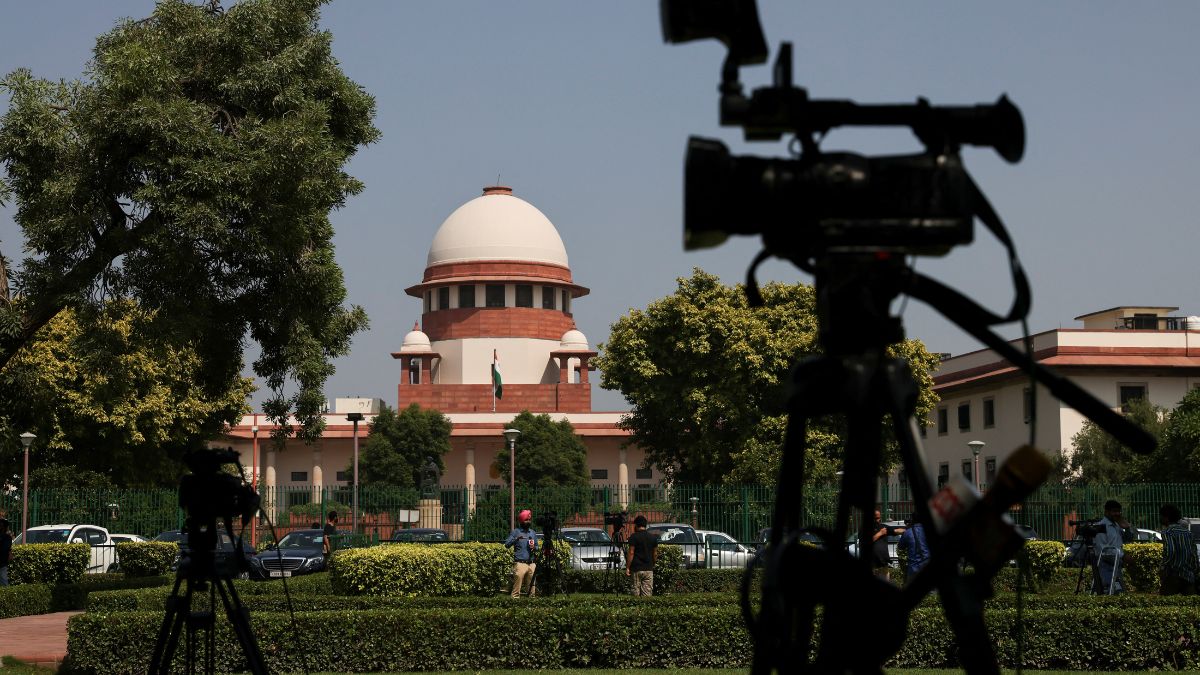The Supreme Court has laid down guidelines for granting the alimony amount in divorce cases, setting down eight factors for consideration. The top court was hearing a case about a couple who was married for 26 years but lived together for only six years of the marriage.
This comes amid outrage over Bengaluru-based techie Atul Subhash’s suicide allegedly due to harassment from his wife and in-laws for money. The case has spurred a debate on social media about the marital laws in India.
Let’s take a closer look.
What’s the case?
The apex court directed a husband to grant Rs 5 crore as a one-time settlement to his unemployed wife and Rs 1 crore to their major son for his maintenance and financial security.
The bench, comprising Justices Vikram Nath and Prasanna B Varale, said in its order Tuesday (December 10) was hearing a case about a couple seeking divorce .
Noting that there was no chance for the couple to engage in matrimonial obligations after living apart for two decades, the court ruled the marriage has “irretrievably broken down”, as per a Live Law report.
The bench took into consideration the financial situation of the pair while deciding the permanent alimony. It concluded that the husband was employed in a managerial role in a foreign bank and was earning a monthly salary of Rs 10 to Rs 12 lakh, while the wife was a homemaker and not formally employed.
The man also has three properties worth approximately Rs 2 crore, Rs 5 crore and Rs 10 crore, reported Indian Express.
Thus, the court found it appropriate for the man to pay his wife Rs 5 crore as a one-time settlement for the dissolution of the marriage.
The Supreme Court observed that “it is necessary to ensure that the amount of permanent alimony should not penalise the husband but should be made with the aim of ensuring a decent standard of living for the wife”.
After interacting with the couple on camera, the judges dissolved the marriage after the duo’s consent.
Supreme Court’s guidelines
The Supreme Court also formulated eight factors that needed to be taken into account while deciding the permanent alimony amount. It asked all other courts to follow these guidelines, but pointed out that they are not a “straight jacket formula”.
Here are the factors set down by the apex court:
The financial and social status of the spouses.
Basic needs of the wife and dependent children.
Qualifications and employment status of the husband and wife.
Independent income or assets owned by the applicant.
The standard of life that the wife had while living at her in-laws’ house.
Whether the spouse left their job because of family responsibilities.
Reasonable litigation costs incurred by an unemployed wife.
The financial capacity of the husband, his earnings, liabilities and maintenance obligations.
Bengaluru-based techie’s tragic death
The apex court’s guidelines come amid a debated triggered by the death of Atul Subhash, a 34-year-old man hailing from Uttar Pradesh, who allegedly died by suicide in his Bengaluru residence on Monday (December 9).
Atul’s brother has filed a case against his sister-in-law and her family for abetment to suicide. He has alleged relentless harassment and demands from his brother’s in-laws that led him to take the extreme step.
The Bengaluru-based techie has left behind a 24-page note narrating his ordeal and criticising the justice system.
In an 81-minute video, Atul accused his estranged wife Nikita Singhania and her family of filing multiple cases against him and his family to extort money.
He can be seen wearing a board on his neck with ‘Justice is Due’ written on it in the video.
“My brother has been mentally and physically drained since the court battles began. He was constantly mocked and told to die if he could not meet their demands,” Atul’s brother Bikas Kumar reportedly said in his complaint to the Marathahalli police in Bengaluru.
Atul married Nikita, a software professional, in 2019 but the duo later separated. They have a son. He was facing nine cases including murder, dowry harassment, unnatural sex and so on. His parents have also been named as accused in some cases.
Atul’s death has caused an uproar on social media, with many people calling for bringing gender-neutral marital laws.
With inputs from agencies


)

)
)
)
)
)
)
)
)



